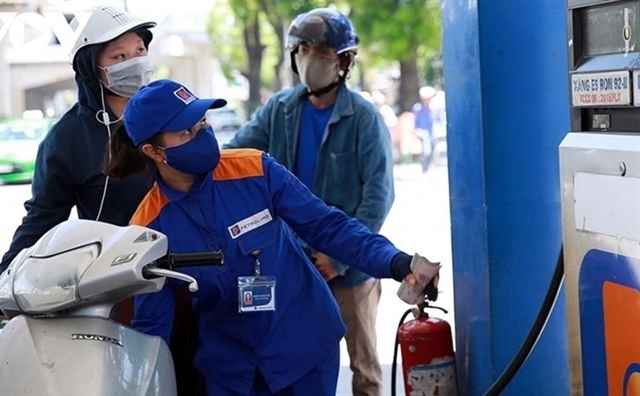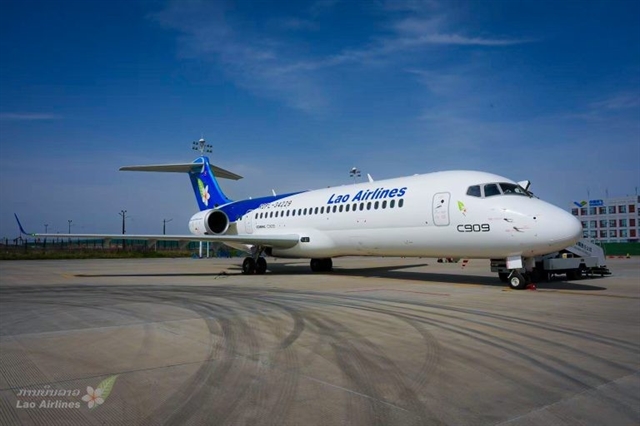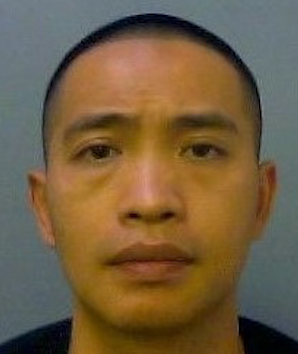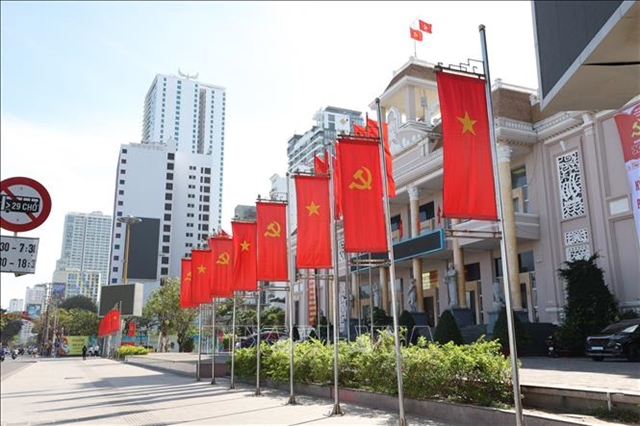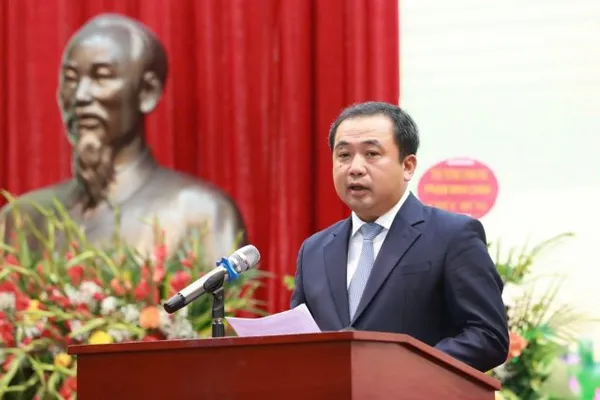 Opinion
Opinion

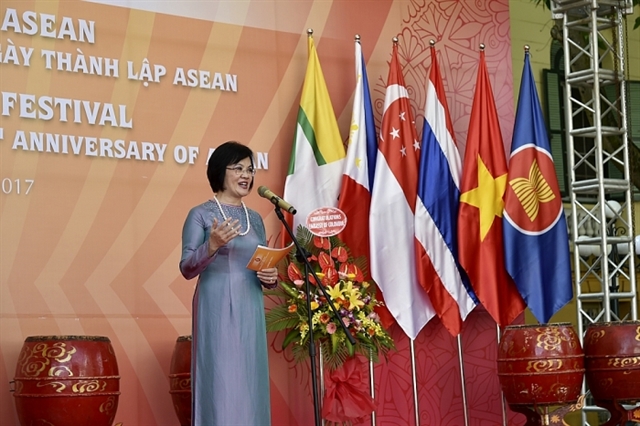
|
| Nguyễn Nguyệt Nga. — Photo baoquocte.vn |
Ambassador Nguyễn Nguyệt Nga, Vice Chair of the Vietnam National Committee for Pacific Economic Co-operation, speaks to the newspaper Thế giới & Việt Nam (The World and Việt Nam Report) on Việt Nam’s readiness to participate in all international activities.
Will you please tell us about Directive No. 25, issued by the Vietnamese Party Secretariat on the task of enhancing the country’s multilateral relations from now until 2030?
To fully understand the significance and role of Directive No. 25 of the Party Secretariat which was made public in August 2018, we should understand all multilateral activities that Việt Nam has partaken in so far. From the on-set of the founding of the Vietnamese independent State, President Hồ Chí Minh said “the complete and eternal freedom and independence of the Vietnamese nation must closely link to world peace.”
In 1986, Việt Nam launched its renewal process and since then has become an active member of international organisations. With its multilateral diplomatic policy, Việt Nam has become an active and responsible member in all international organisations of which it is a member.
Directive No. 25 of the Việt Nam Party Secretariat issued in August 2018 is a strong manifestation of the Vietnamese Party’s policy and it has further completed Việt Nam’s multilateral policy, including its diplomatic policy.
Winning strong support from international friends from far and near, from 2020 Việt Nam will become a non-permanent member of the UN Security Council and ASEAN Chairman.
What is the importance of Directive No. 25 in Việt Nam’s multilateral diplomatic activities?
The issuance of Directive No. 25 has responded to requirements both nationally and internationally. It can be summarised with the following three key factors:
First, it is urgent for the country’s development in a strategic period. Right now it is time for Việt Nam to pool all its efforts to accomplish its socio-economic strategy for the period 2011-2020 and prepare for the 2021-2030 socio-economic strategy.
Second, in the past few years Việt Nam has witnessed many notable achievements in both the region and the world at large. However, Việt Nam has set a target to integrate more internationally in both scope and scale.
And finally, in the context of rapid changes in the region and the world at large, Việt Nam must adapt itself to the new situation. So, the issuance of the Directive 21 came right at the time when the nation needs to have a new, comprehensive and workable directive to raise the country to a higher level.
How has Việt Nam prepared to become a non-permanent member of the UN Security Council for the second time?
Việt Nam has enjoyed strong support from other Asian-UN members in its course to become a non-permanent member of the UN Security Council. At the election on June 7, Việt Nam won a landslide in the election and became a non-permanent member of the UN Security Council for the 2nd time.
By now Việt Nam has played host to many international events. For example, in 1997 Việt Nam hosted the 7th Francophone Summit, and then the ASEM Summit in 2004, APEC 2006 and then in 2010 Việt Nam assumed ASEAN Chair. And in 2017, Việt Nam played host to the APEC meeting. And more recently, in February 2019, Hà Nội was chosen as a venue for the 2nd USA-DPRK Summit. All these activities have prepared Việt Nam to stand as a candidate for the 2nd time as a non-permanent member of the UN Security Council. — VNS

